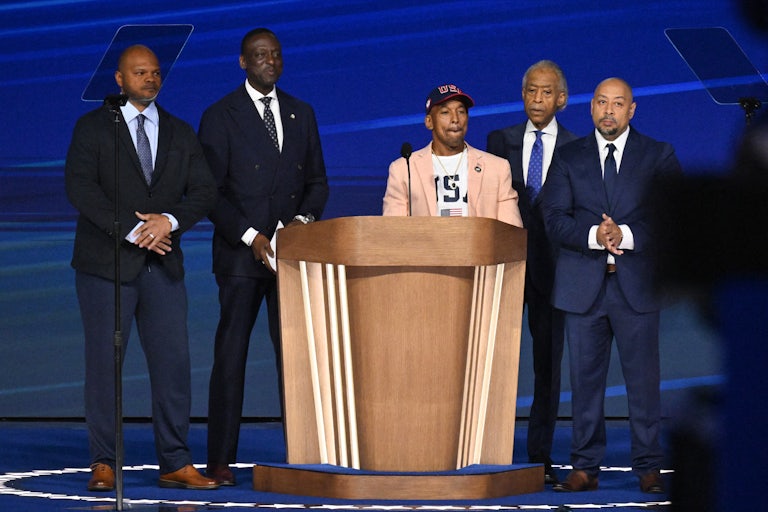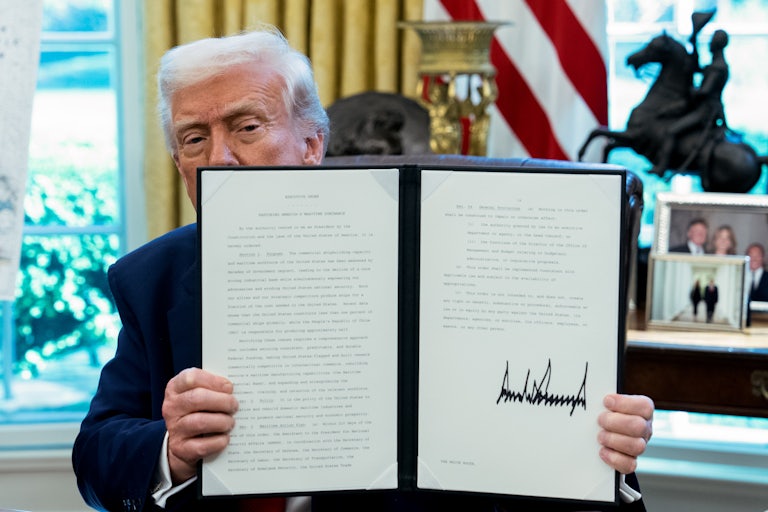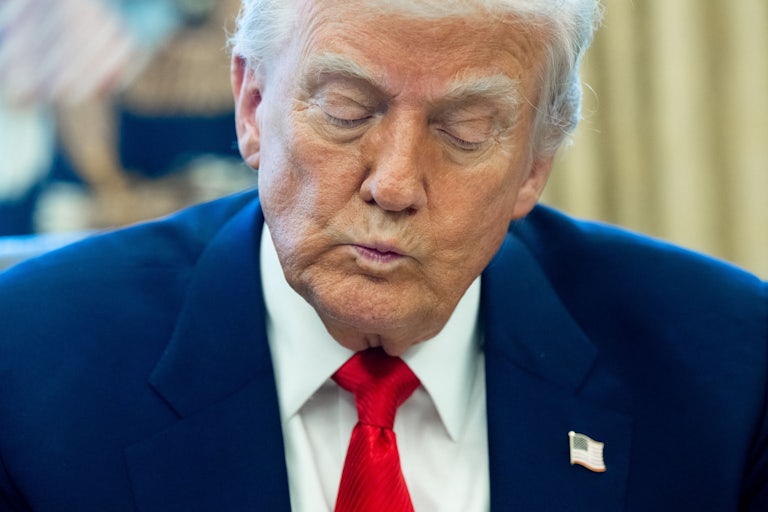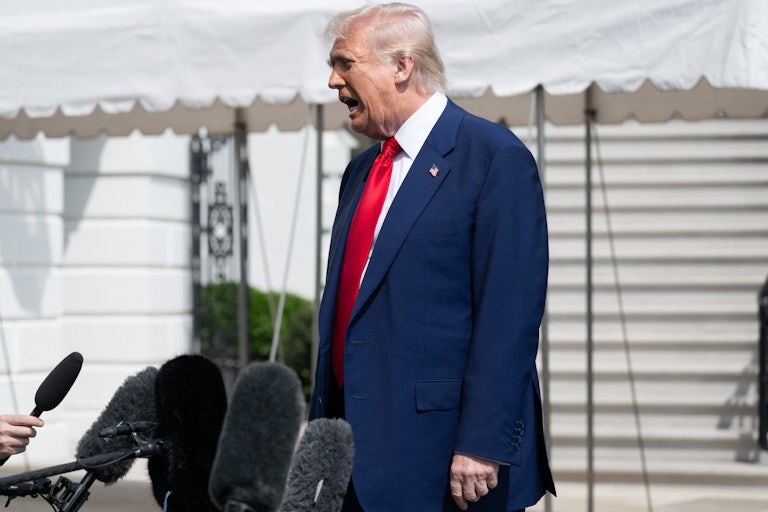Trump Dealt Huge Blow in Central Park Five Defamation Lawsuit
Donald Trump had sought to block the lawsuit from proceeding.

A federal judge on Thursday denied Donald Trump’s motion to dismiss a new defamation lawsuit from the Central Park Five.
In a 20-page filing, Pennsylvania District Court Judge Wendy Beetlestone ruled that Trump’s recent comments about the group of five Back and Hispanic men, who were wrongly convicted of assault and rape in 1989, could not be defended as “substantially true.”
The lawsuit was filed in October 2024 after a 2024 presidential debate, during which Kamala Harris reminded viewers that Trump was “the same individual who took out a full-page ad in The New York Times calling for the execution of five young Black and Latino boys who were innocent, the Central Park Five. Took out a full-page ad calling for their execution.”
Trump responded, claiming that “a lot of people, including Mayor Bloomberg, agreed with me on the Central Park Five.”
“They admitted—they said, they pled guilty. And I said, well, if they pled guilty they badly hurt a person, killed a person ultimately. And if they pled guilty—then they pled we’re not guilty. But this is a person that has to stretch back years, 40, 50 years ago because there’s nothing now,” Trump said.
Beetlestone ruled that Trump’s statements could be “objectively determined” to be false, so his statement could be construed as fact, not opinion.
“Here, Plaintiffs were not just in the process of being exonerated, their name had been cleared for over twenty years, so Defendant cannot argue that stating that they pleaded guilty to crimes is substantially true, when the truth is that Plaintiffs are not guilty at all of those crimes,” she wrote.
She added that the plaintiffs had “plausibly alleged actual malice” by demonstrating that Trump was “closely familiar” with the Central Park Five’s not-guilty plea, conviction, and subsequent exoneration and therefore knew that they were not guilty and had not hurt or killed anyone at all.
Beetlestone ruled to dismiss the plaintiffs’ claims of intentional infliction of emotional distress and a defamation-by-implication theory included in their original complaint. She wrote that they would be permitted to amend their complaint to omit those arguments.








